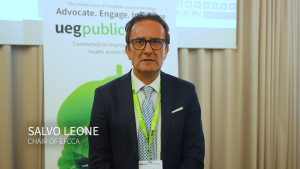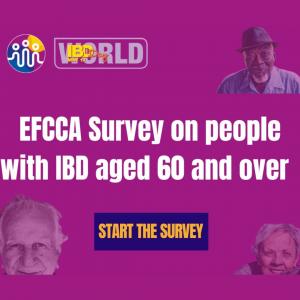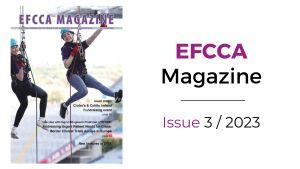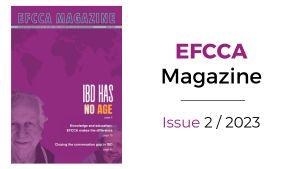New survey!!!
Survey about perceptions regarding the possibility of prediction and prevention of IBD.
We need to hear as many voices as possible, especially from first-degree relatives of people with IBD. You still have time to participate, encourage your relatives, and be part of IBD research!





